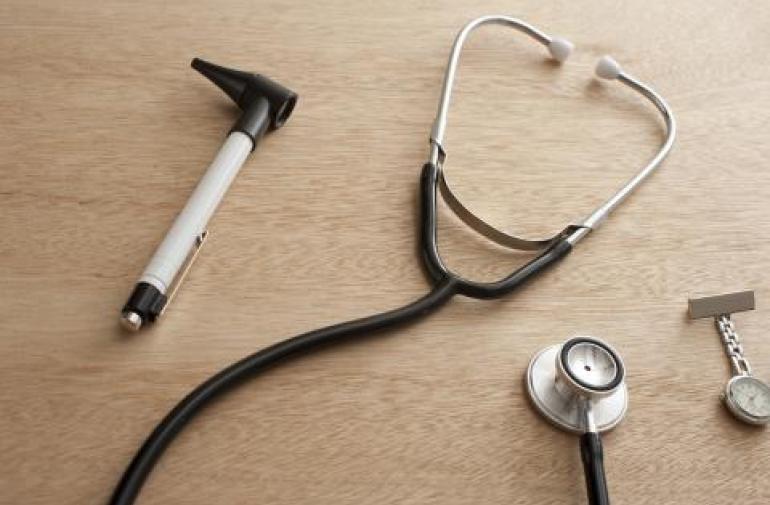This article talks about the Unique Device Identification System for Medical Devices, its timelines and regulatory requirements across various countries.

Table of Contents
The use of medical devices is essential in healthcare, with millions of devices being used globally each year.
As the number of devices continues to grow, tracking and identifying them becomes a challenge, which is why the Unique Device Identification (UDI) system was established.
The UDI system is a globally recognized method of uniquely identifying medical devices, making it easier to trace and recall devices if necessary.
What is UDI?
UDI is a unique numeric or alphanumeric code that is assigned to medical devices. It consists of two parts: the device identifier (DI) and the production identifier (PI).
The DI is a fixed code that identifies the manufacturer, brand, and model of the device.
The PI is a variable code that includes information such as the lot number, serial number, and expiration date.
UDI Requirements and Timelines
The USA
In the United States, the UDI system was established by the FDA in 2013.
The FDA requires medical device manufacturers to assign UDIs to their devices and submit them to the Global Unique Device Identification Database (GUDID).
The deadline for compliance with the UDI regulations varies based on the risk classification of the device.
Class III devices were required to comply by September 24, 2016, while Class II devices were required to comply by September 24, 2018.
Class I devices were required to comply by September 24, 2020.
European Union
In the European Union, the UDI system was established by the European Commission in 2013.
The European Union Medical Device Regulation (EU MDR) requires medical device manufacturers to assign UDIs to their devices and submit them to the European Database on Medical Devices (EUDAMED).
The EU MDR has a transitional period that began in 2017 and will end on May 26, 2023. During this period, manufacturers can continue to place non-compliant devices on the market.
Canada
In Canada, Health Canada has suggested a UDI system that closely follows the global UDI guidelines from IMDRF.
The proposed system mandates UDI labeling for all devices except for Class I low-risk ones.
Health Canada plans to either create a new UDI database or modify the existing MDALL database to incorporate UDI information.
It is anticipated that Canada may introduce a few extra UDI data elements as per their requirements.
Australia
In Australia, the UDI system was established by the Therapeutic Goods Administration (TGA) in 2019.
Medical device manufacturers are required to assign UDIs to their devices and submit them to the Australian Database of Medical Devices (ADMD).
The deadline for compliance with the UDI regulations is July 1, 2022, for Class III and implantable devices, and July 1, 2023, for all other medical devices.
Japan
In Japan, the UDI system was established by the Ministry of Health, Labour, and Welfare. Medical device manufacturers are required to assign UDIs to their devices and submit them to the Japan Medical Devices Information System (J-Med Net).
The deadline for compliance with the UDI regulations is December 1, 2022, for Class III devices, and December 1, 2023, for all other medical devices.
Conclusion
The UDI system is a globally recognized method of uniquely identifying medical devices, making it easier to trace and recall devices if necessary.
The requirements and timelines for UDI compliance vary based on the country and risk classification of the device.
It is important for medical device manufacturers to understand and comply with the UDI requirements to avoid penalties and ensure patient safety.
How Can RegDesk Help?
RegDesk is a holistic Regulatory Information Management System that provides medical device and pharma companies with regulatory intelligence for over 120 markets worldwide. It can help you prepare and publish global applications, manage standards, run change assessments, and obtain real-time alerts on regulatory changes through a centralized platform. Our clients also have access to our network of over 4000 compliance experts worldwide to obtain verification on critical questions. Global expansion has never been this simple.


